In a recent article on trust and financial outcomes, Steven Covey and Douglas Conant wrote in the Harvard Business Review, “Trust is the one thing that changes everything. It’s not a nice-to-have; it’s a must-have.” Workplace trust, it turns out, is a vital component of engagement.
We live in a time of skepticism. News outlets are accused of bias. Photo apps make our realities brighter (or thinner, or younger). No matter which side of an issue you’re on, the other side is subject to suspicion. To say we’re a little quick to question would be an understatement.
It’s no different in the workplace. For many employees, the recession broke trust in company leadership. Companies did what they had to do to survive as an organization, and many individuals bore the brunt of the resulting layoffs. Into that economic environment, the largest generation came of age – the Millennials. They arrived to their first jobs knowing that they can do great work and still wind up sidelined. The result?
Workers need to know that they can trust senior leaders and that they in turn are trusted to do the right thing.
Great Places to Work’s blog, Why Your Trust Mindset Matters, sums it up: ”The glass-half-empty perspective—what we would call a Low-Trust Mindset—makes it less likely that a leader will foster a sense of respect among employees. Employees will likely sniff out the fundamental mistrust and disrespect on the part of the leader. The boss comes off as insincere and negative.” Employee engagement is built on mutual goodwill and most senior leaders are well aware that this kind of distrustful leadership just won’t get you where you want to go. It’s so important that Psychology Today reported “82% of employees say being able to trust their managers is crucial to their work performance.”

The drive for workplace trust is resulting in some interesting trends:
Break the Rules
“If you have mediocre people doing mediocre work, you are going to have a mediocre company,” writes Lolly Daskal in INC.com. She points to too many rules as a big reason for the best employees to leave a company. Lots of policies and procedures squelch motivation, performance, and ultimately profits. She writes, “If you don’t trust the people you hired, why did you hire them?”
Kevin Kruse agrees. Writing for Forbes about Netflix’s rule-free culture, Kruse states, “Responsible people – the people that every company wants to hire – are not only worthy of freedom, they thrive on it.”
To inspire people to stay nimble and competitive and to think outside that proverbial box, let go of the need to control everything that happens. Your best thinkers need to be free to find the most creative and efficient solutions to your business challenges. Trust them to do so and you’ll be rewarded.
Unlimited Time Off
This workplace trend receives mixed reviews. Fast Company cites three “messages” in unlimited vacation policies:
- People are viewed holistically (aka they have a life outside the office)
- Policy conveys trust
- Treats employees as individuals with differing needs
That’s all great! But there are a few problems. In some workplaces, the guidelines and expectations are unclear, leaving employees uncertain what’s really acceptable and what’s not. There has to be a line somewhere, right? There’s also a persistent fear that the best employees will feel pressured not to take time off and the least productive employees will feel free to take more time, leaving others to pull their weight.
I’ve even met one business owner offering unlimited vacation time, who told me that the trade-off is that he expects access to his employees night and day, 7 days a week in return. I know I’d rather have clearer boundaries than that.
It takes thought, guidelines, and good examples to make this policy work.
Community Involvement
Corporate Social Responsibility (CSR) is the ultimate opportunity to show goodwill. By investing time and resources to benefit the community, rather than strictly to profit as an organization, senior leaders deliver a strong message that the company is values driven and cares about people.
Here at Next Level Performance, we know that our on-going efforts in our community – such as our annual HOPE Week initiative – are not only the right thing to do, they are an expression of our people-centric values. Working together for the benefit of others – from clients to neighbors with tough challenges to face – strengthens the relationships between colleagues and between employees and the company.
Jeff Boss wrote the Forbes’ article, How Millennials Are Disrupting the Workforce, saying, “Relationships are still—and always will be—at the heart of executing. Execution is the byproduct.”
Community involvement builds trust in the organization and solidifies social and emotional links at work.
Building Trust
Leaders and managers who set out to build a high-trust culture, with respect for the needs and interests of the individual, will always build better teams. Creative organizations are building that into their long-term development plans. Whether trust is built through organizational transparency or through new policies (or the lack thereof), it should be high on your list.



